What to Expect in an Autism Social Skills Assessment
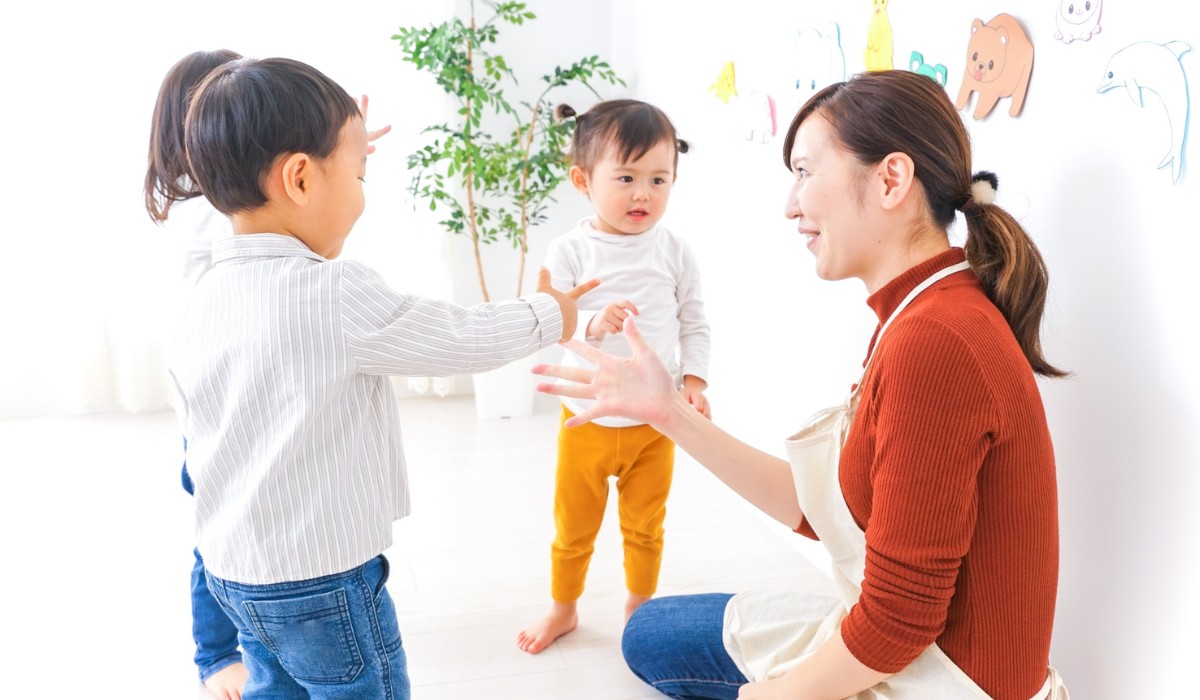
Key Points:
- Autism social skills assessment helps understand how children on the spectrum interact, communicate, and build relationships.
- The process often includes observation, standardized tools, and input from caregivers and educators.
- These assessments are essential in shaping effective ABA therapy plans and supporting individual progress.
Have you ever watched your child on a playground and wondered why connecting with others seems so effortless for some, yet so complicated for others? If you're parenting a child with autism, those moments can feel heavy, layered with both love and worry. You're not alone—and thankfully, there are tools to help decode these challenges. One of those tools is an autism social skills assessment.
What is an Autism Social Skills Assessment, And Is It Really Necessary?
Yes, an autism social skills assessment is not only necessary—it’s incredibly valuable. This type of assessment provides insights into how a child with autism understands and navigates social situations. It identifies strengths to build upon and areas where support is needed. For many families, this assessment is the first step in developing an effective therapy plan, often leading to Applied Behavior Analysis (ABA) therapy or other individualized interventions.
Autism is a spectrum, and each child is unique. Some may be chatty but miss subtle cues; others may avoid interaction altogether. An autism social skills assessment helps unpack those behaviors in a structured way, offering clarity for parents, teachers, and therapists.
Understanding Social Skills in Autism
Social skills are much more than just saying "hello" or making eye contact. They're the foundation of relationships—knowing when to speak, how to listen, reading body language, and responding to emotions.
Children with autism often face challenges with:
- Understanding nonverbal communication
- Engaging in reciprocal conversation
- Interpreting emotions and intentions
- Participating in imaginative or cooperative play
These aren't signs of rudeness or defiance. They're symptoms of how the autistic brain processes the world. Recognizing this shifts the focus from correction to connection—and that's where a well-done autism social skills assessment becomes powerful.
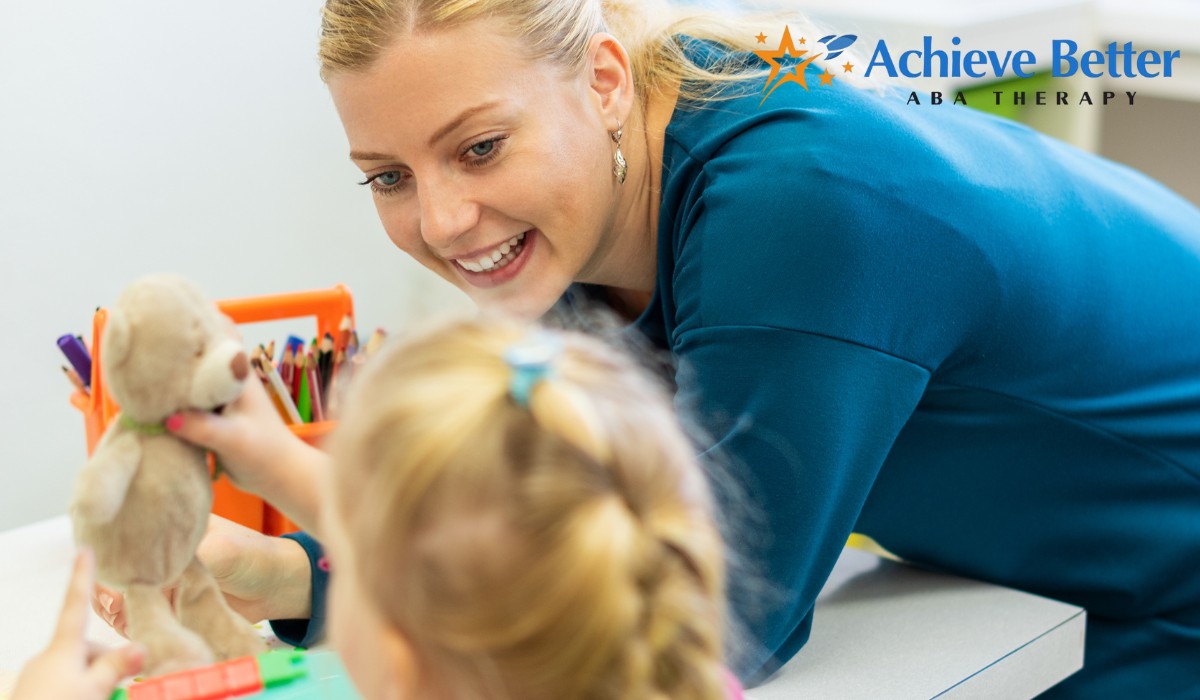
What Does a Social Skills Assessment Involve?
You might picture a test, pencils, and a formal setting, but the process is often more dynamic and child-centered. A proper autism social skills assessment typically involves multiple components designed to paint a full picture of the child’s social functioning.
Components Of An Effective Assessment:
To fully understand how a child interacts socially, evaluators usually look at several areas:
1. Direct Observation
Professionals observe how the child engages in various settings—home, school, or therapy sessions. This helps assess:
- Eye contact
- Turn-taking
- Social initiations
- Response to others
2. Caregiver and Teacher Input
Nobody knows a child better than those who interact with them daily. Questionnaires and interviews gather context on:
- Social history
- Patterns of behavior
- Triggers and coping mechanisms
3. Standardized Assessment Tools
These tools offer structured ways to compare behavior across developmental norms. Some common ones include:
- Social Skills Improvement System (SSIS)
- Autism Diagnostic Observation Schedule (ADOS)
- Vineland Adaptive Behavior Scales
These tests are used not to label, but to understand—and that distinction matters.
4. Play-Based Assessments
Especially useful with younger children, play scenarios reveal how a child initiates, shares, and collaborates. A therapist might create scenarios that invite interaction and gauge natural responses.
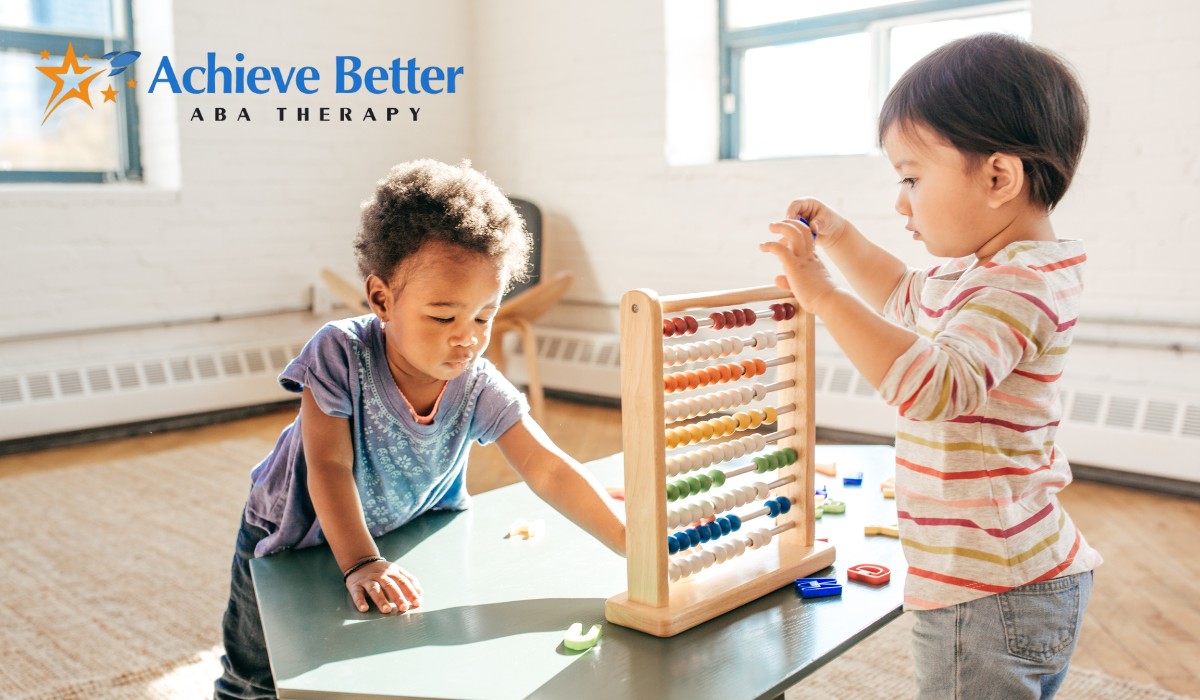
Why Is It So Important?
You may wonder: can’t we just work on these skills as we go? While organic teaching is important, targeted support makes all the difference.
Here’s why the assessment matters:
- It helps build a customized therapy plan. Without knowing what your child specifically struggles with, interventions may miss the mark.
- It prevents misinterpretation. A lack of eye contact isn’t always defiance—it could be discomfort or confusion.
- It gives you a benchmark. Knowing where your child is now sets the stage for celebrating future growth.
More importantly, it takes the guesswork out of the equation. As a parent, you already carry enough uncertainty. A thorough autism social skills assessment brings clarity and direction.
Signs That Your Child Might Benefit From a Social Skills Assessment
While each child is different, certain signs can indicate a need for deeper evaluation. If you’ve noticed the following patterns, it might be time to talk with a professional:
- Limited interest in peers or difficulty making friends
- Difficulty understanding jokes, sarcasm, or abstract language
- Frequent meltdowns during group activities
- Trouble with back-and-forth conversation
- Rigid or repetitive play patterns
If these behaviors sound familiar, know that you’re not being overly cautious—you're being proactive. And that's a gift to your child.
What Happens After the Assessment?
After the autism social skills assessment is complete, you’ll receive a detailed report highlighting strengths, challenges, and recommendations. These recommendations might include:
- ABA therapy targeting social behaviors
- Social skills groups to practice interactions with peers
- Speech or occupational therapy to support communication and regulation
- Parent training to support social development at home
The report becomes a roadmap—not only for you but for teachers and therapists as well. Everyone working with your child now has a unified direction, which can significantly improve outcomes.
How Social Skills Grow With The Right Support
Social development isn't a straight line. It's a series of small, meaningful moments—a child waving for the first time, answering a peer’s question, or asking someone to play. These may seem like small wins, but for a parent of a child with autism, they’re milestones.
With consistency, compassion, and the right therapy approach, social skills can grow. Children on the spectrum can learn to connect in ways that are authentic to them. They may not do it like everyone else—and that’s okay. Progress isn’t about changing who they are; it's about helping them thrive as themselves.
Helping Your Child Through Assessment
Preparing your child for the assessment is just as important. You don’t have to script it perfectly. Just talk openly and honestly, depending on their level of understanding. You might say:
- "Someone is going to spend some time with you to learn more about how you play and talk with others."
- "They’re here to help us help you."
Keep things relaxed and positive. If you're calm, they’ll likely feel more secure too.
Ready to Take the Next Step? Let’s Achieve Better Together
If you're seeking support after your child's autism social skills assessment, or you’re just starting this journey, Achieve Better ABA is here to help. We specialize in ABA therapy in North Carolina, offering individualized programs designed to improve social, communication, and daily living skills for children with autism.
At Achieve Better ABA, we understand how deeply you care about your child’s growth. We partner with families to create thoughtful, evidence-based plans that foster real progress—because we believe every child deserves the chance to connect, belong, and thrive.
Reach out today to learn more about how our ABA therapy services can support your child's social development. Let’s walk this journey together—with compassion, clarity, and commitment.
Similar articles
Contact us today to learn more.

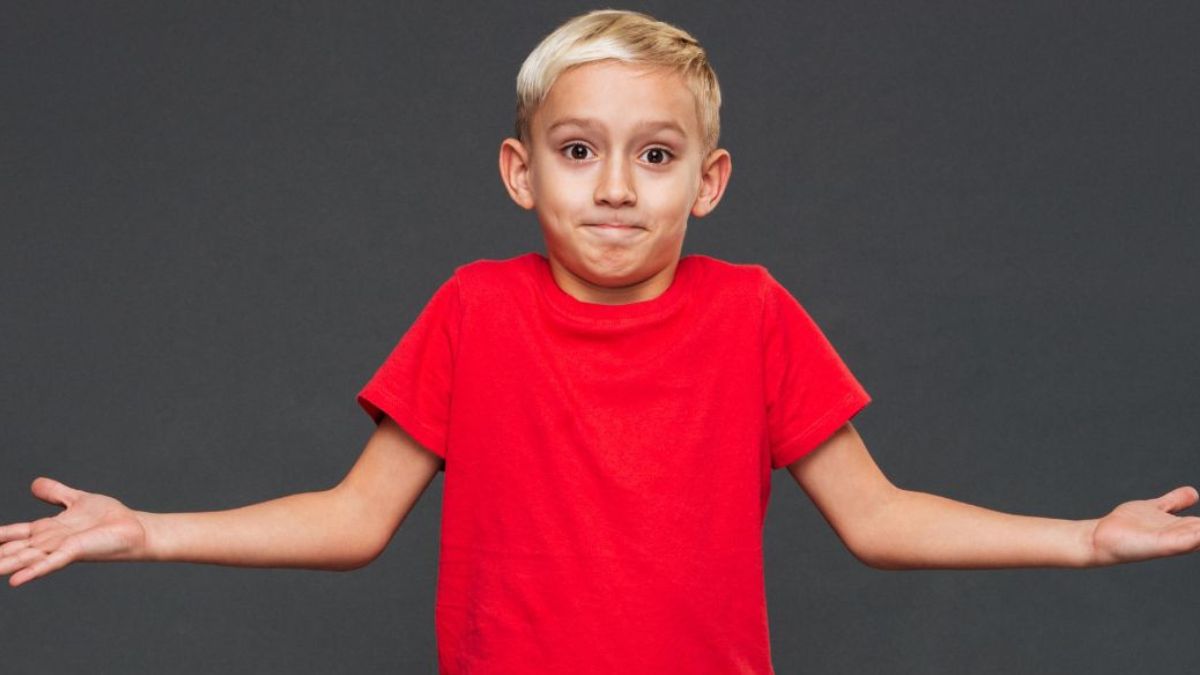

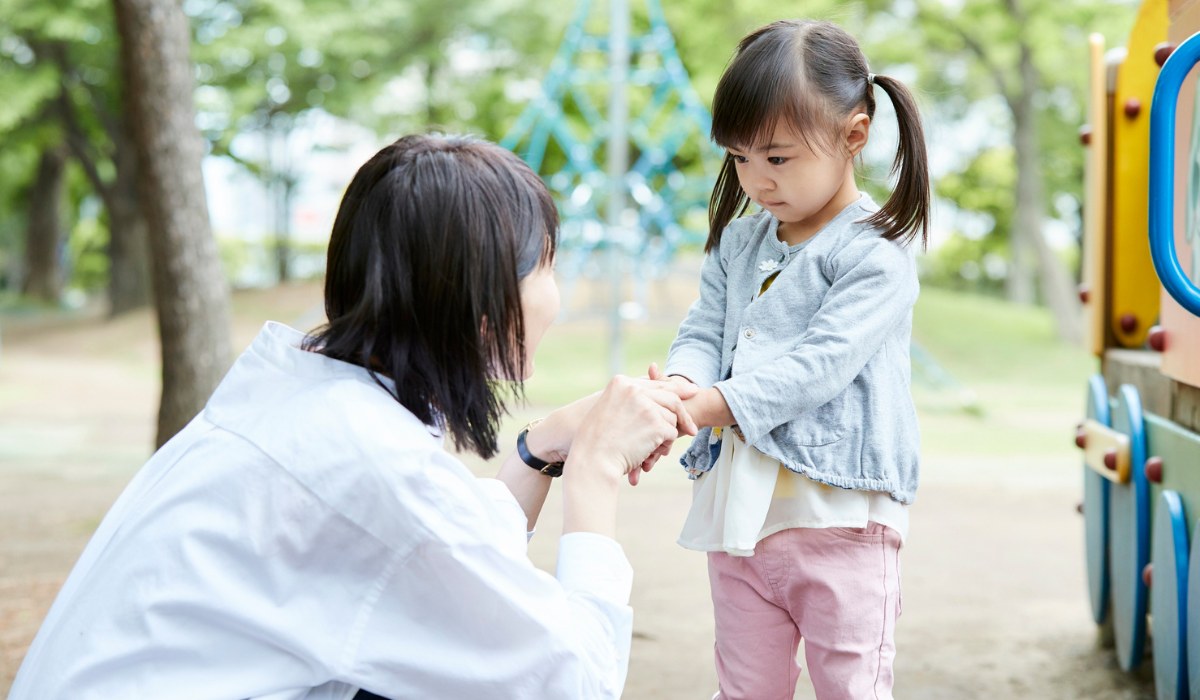
.jpg)
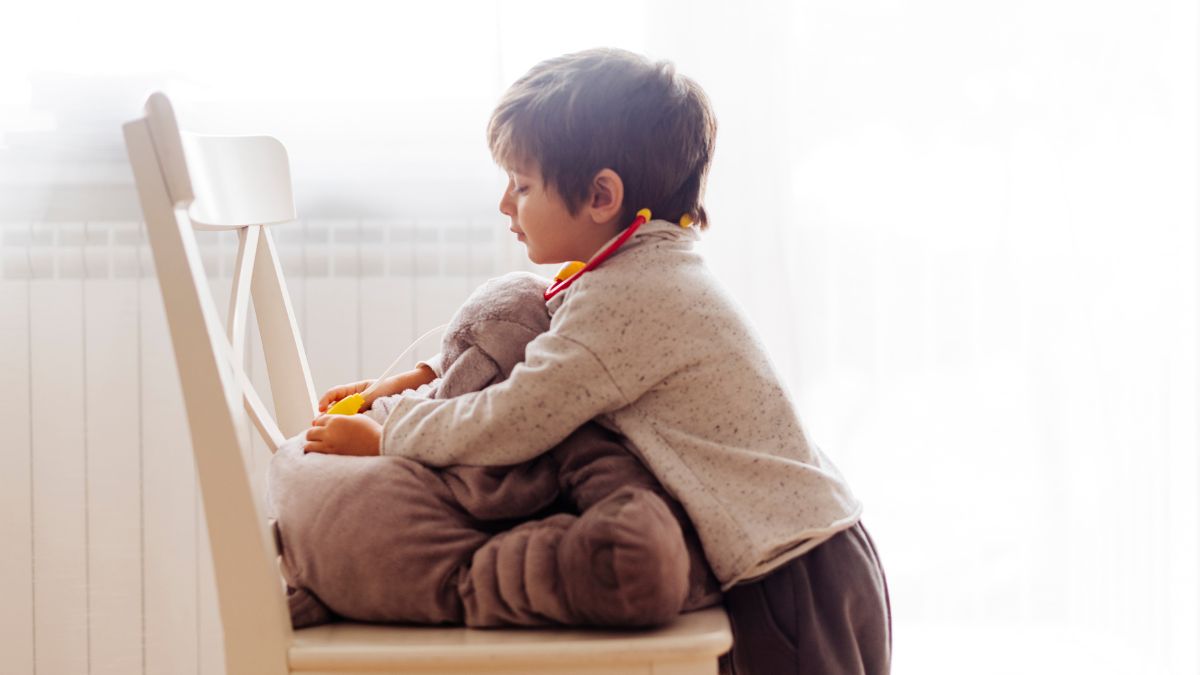
.jpg)





